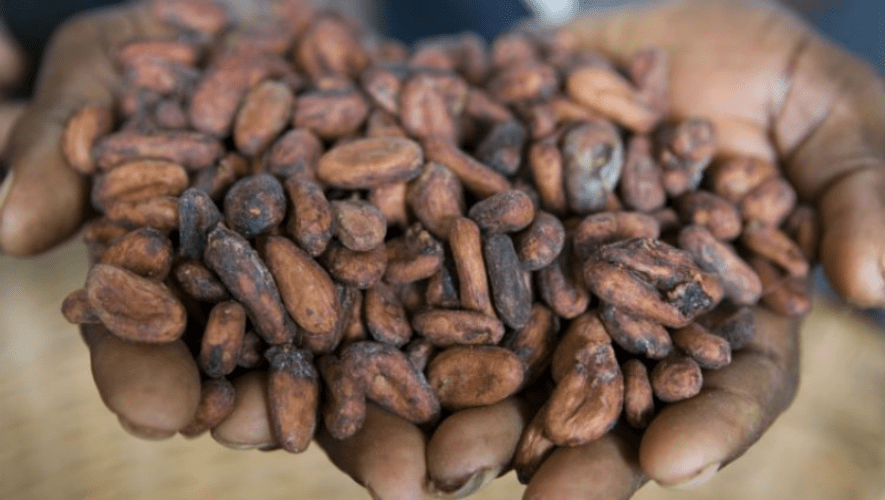The Hershey Company is one of the largest chocolate manufacturers in the world. The organization uses cocoa as the key ingredient in the manufacturing of chocolate. But cocoa can only be grown in regions close to the equator and nowhere else.
Cocoa from West Africa
Hershey sources cocoa primarily from the West African nations of Ivory Coast and Ghana for the manufacture of chocolate. According to research run by the Massachusetts Institute of Technology (MIT), the Ivory Coast is the world’s largest cocoa bean exporter. Currently, the country exports about $3.74 billion worth, which is about 37 percent of the market’s global cocoa.
The United States spends about $1.27 billion a year to import cocoa. The imports account for about 13 percent of the overall global imports of cocoa. Due to this fact, the United States is the second-largest importer of cocoa beans in the world.
Because cocoa is the most important ingredient utilized in making chocolate, the U.S-based Hershey company puts in some efforts to make sure its long term availability. The company has made it their priority to ensure that even the communities that cultivate cocoa remain unharmed and all their needs are provided.
Cocoa for Good Initiative
In April 2018, the company launched the Cocoa for Good Initiative, a package of environmental efforts to improve cocoa farming sustainability. The company assisted farmers in diversifying their crops, providing them with more income sources, and strengthening their economic sustainability in the package. The package also involved the planting of more trees. Tree planting near areas with cocoa farms helps provide shade, which makes cocoa trees more productive.
The Hershey company invested $500 million in the Cocoa for Good Initiative. The money would be used to sustain small farming communities all through 2030. Small, family-run cocoa farms produce around 95 percent of cocoa beans. Hershey’s investment would go into improving local family nutrition and eliminating child labor from the supply chain. Additionally, the money would help increase local farmers’ incomes and end deforestation in the Ivory Coast. By offering all this, the Harshey company aimed to prevent farmers from leaving the cocoa farming industry.
However, because of the declining income in cocoa farming and environmental degradation, farmers have started leaving the industry. With farmers leaving, cocoa beans’ industry supply will decrease, and chocolate manufacturing will be more expensive.
Hershey Company refuses to pay Cocoa Premium.
Companies like Hershey reap huge profits from turning cocoa beans into chocolate products. But with farmers leaving the industry and the Coronavirus pandemic this year, business halted. The Coronavirus pandemic hit the West African nations Ghana and Ivory Coast, threatening to cause an economic crisis. The two states decided to introduce a $400 a tonne Lid on cocoa sales for the 2020/21 season. They said the premium was necessary for them to combat farmer poverty.
The U.S based Hershey chocolate making company, however, decided to avoid paying the cocoa premium. Thus, the Ivory Coast and Ghana decided to cancel all cocoa sustainability schemes that Hershey runs in their countries. The world’s top cocoa producers also said they would withdraw from membership with the U.S cocoa industry association accusing the body of helping companies like Hershey avoid paying the Lid. The two states also said they would be reviewing their membership with the Federation of Cocoa Commerce FCC.
More:
- Child Labor On The Rise in Ghana and Ivory Coast’s Cocoa Farms
- Farmers, Miners in Ivory Coast Embrace the Use of Drones


















